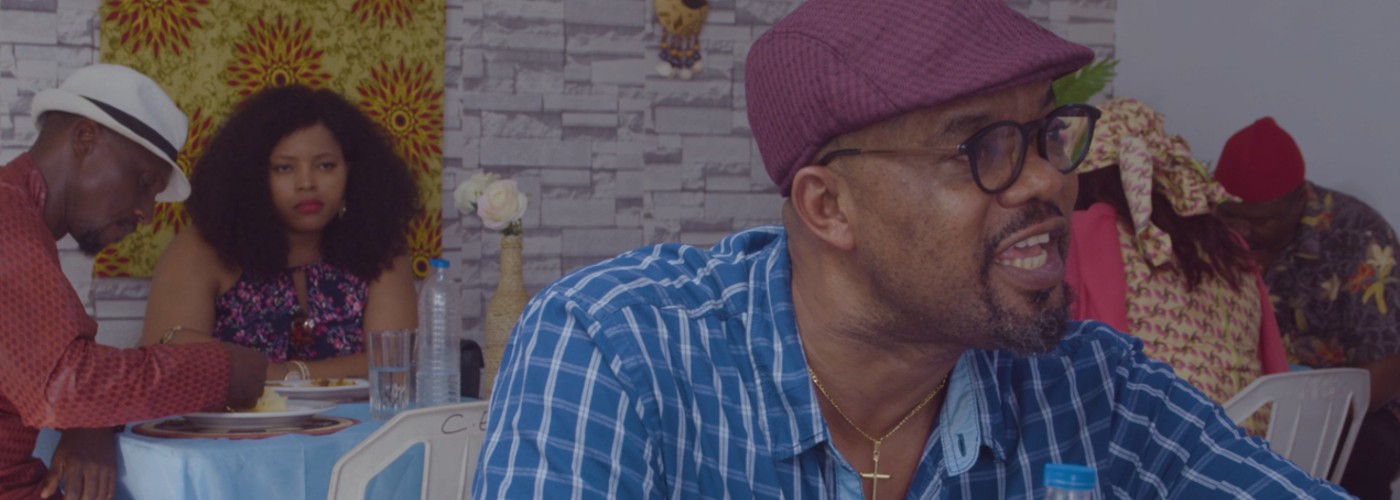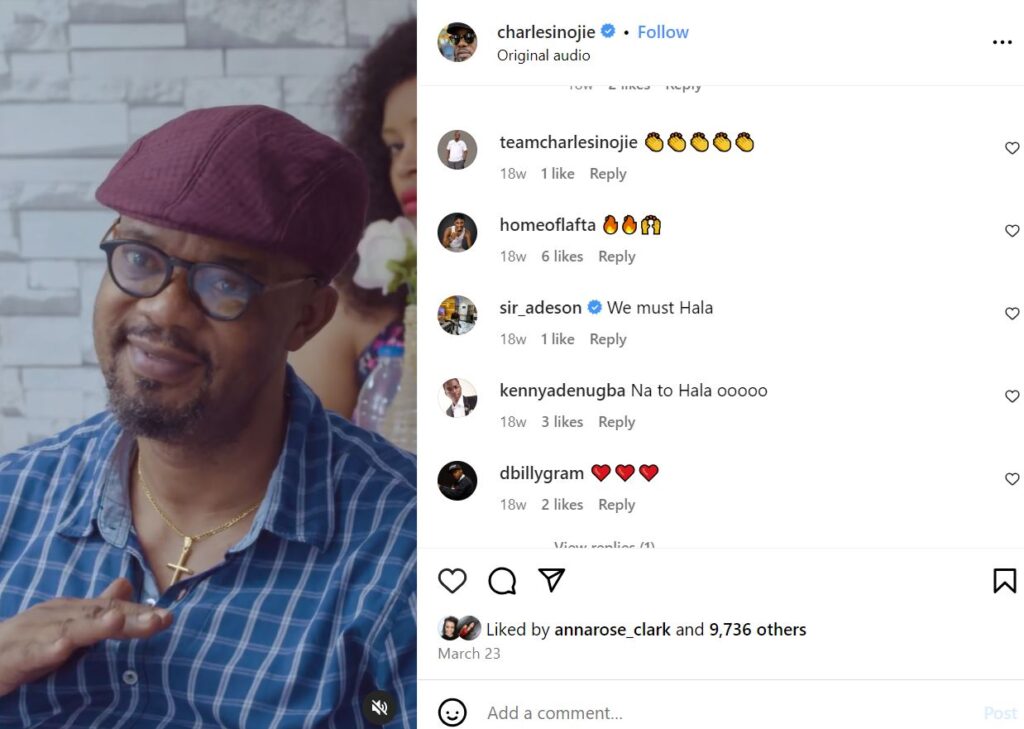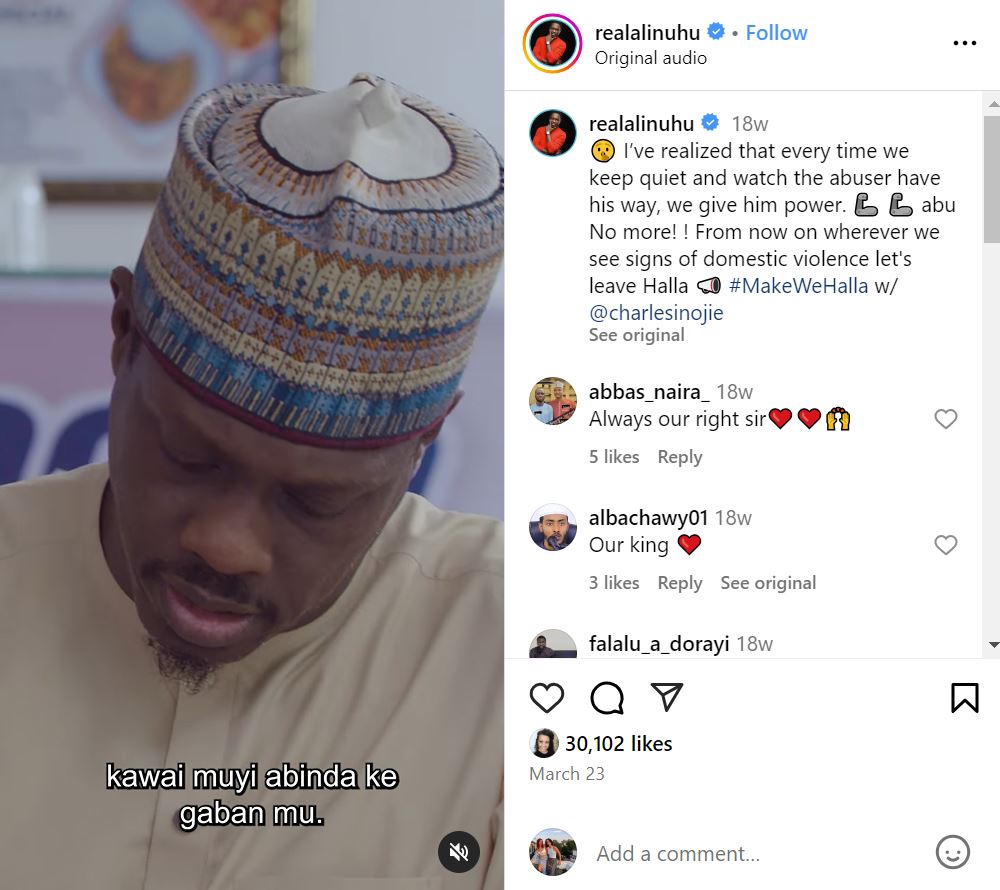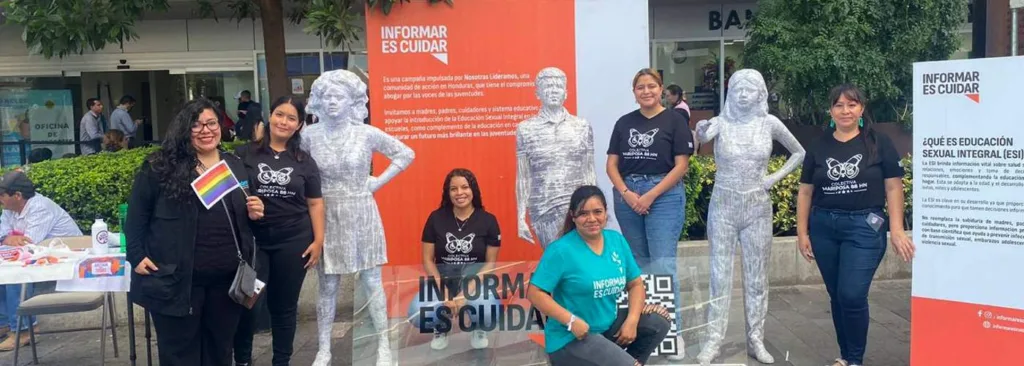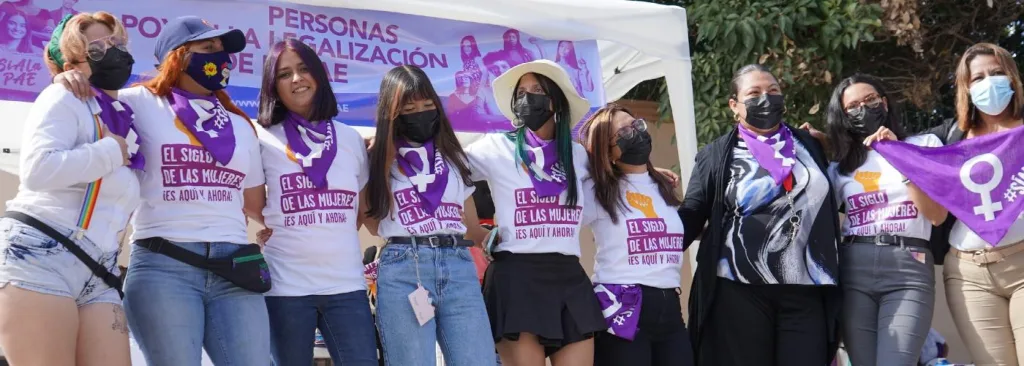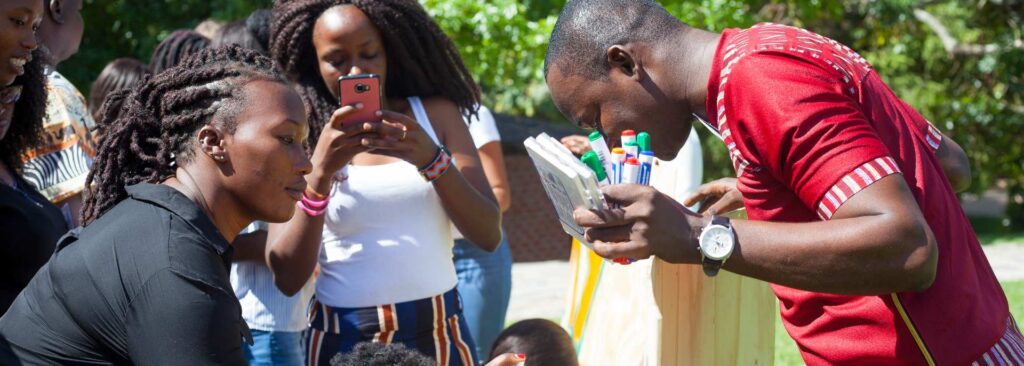Let’s make halla against domestic violence in Nigeria
Gender-based violence is a persistent problem in Nigeria; two in three women experience violence from an intimate partner. Yet, this kind of violence is seen as a private matter, not for outside intervention. So while most Nigerians feel uncomfortable about it, they don’t break with the culture of silence. And this just ends up perpetuating the problem.
What should you do?
So to change people’s attitudes, Hivos’ We Lead program in Nigeria teamed up with Nigerian film stars Charles Inojie and Ali Nuhu, who created a movement against domestic violence: “Make We Halla.” Halla means to raise one’s voice or scream and shout in Nigerian Pidgin. Their campaign videos ended up making huge waves on social media. In one of them (more social media links below), Inojie and Nuhu hear loud sounds of violence against a woman in the kitchen of the restaurant where they’re eating. The two men are faced with a choice. Do they mind their own business or speak up?
Their dialogue makes it clear that silence in the face of violence is not acceptable. “Evil thrives when good men keep quiet,” says Charles. They start banging their plates with their utensils to signal their displeasure, and all the other customers follow suit. The beating stops, and the waitress comes out and is comforted by everyone.
By specifically involving men and boys in the issue, the campaign strives to make them role models for speaking up against domestic violence. The campaign’s catchy hashtag #MakeWeHalla invites bystanders everywhere to take a stand against domestic violence by showing their opposition.
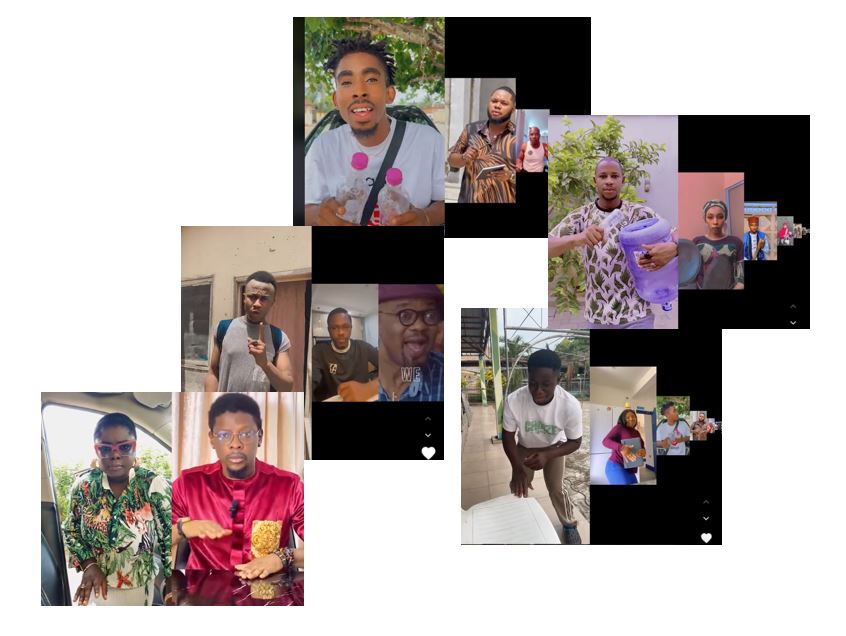
The better side of social media
To amplify the content further, a network of micro-influencers got involved with Inojie and Nuhu’s social media challenge on Instagram and TikTok. They created duet chains (videos simultaneously play beside one another, and a chain can be built up with multiple videos), to add their voices in creative ways and show support. The campaign was also featured in newspapers (print and online), radio ads, TV interviews, and online blogs to broaden its reach.
It has been a huge success. From March to June 2024, the core video reached over 11 million Nigerians, with over 2,000 comments and 537 posts using the hashtag #MakeWeHalla. This is in part testament to the popularity and credibility of the influencers supporting the campaign.
Real change
And more importantly, #MakeWeHalla has significantly shifted attitudes and likely behaviors. We surveyed 1,500 Nigerians, proportionally representative of the population, before and after the campaign. The survey recorded a 9 percent decrease in beliefs that violence is a private issue, and a 14 percent increase in likelihood that respondents would show their disapproval when they were aware domestic violence was taking place.
Watch more from our lead influencers
Charles Inojie
Ali Nuhu
The co-creation process of the campaign between We Lead and Charles Inojie and Ali Nuhu was supported by We Lead’s technical partner M&C Saatchi.

